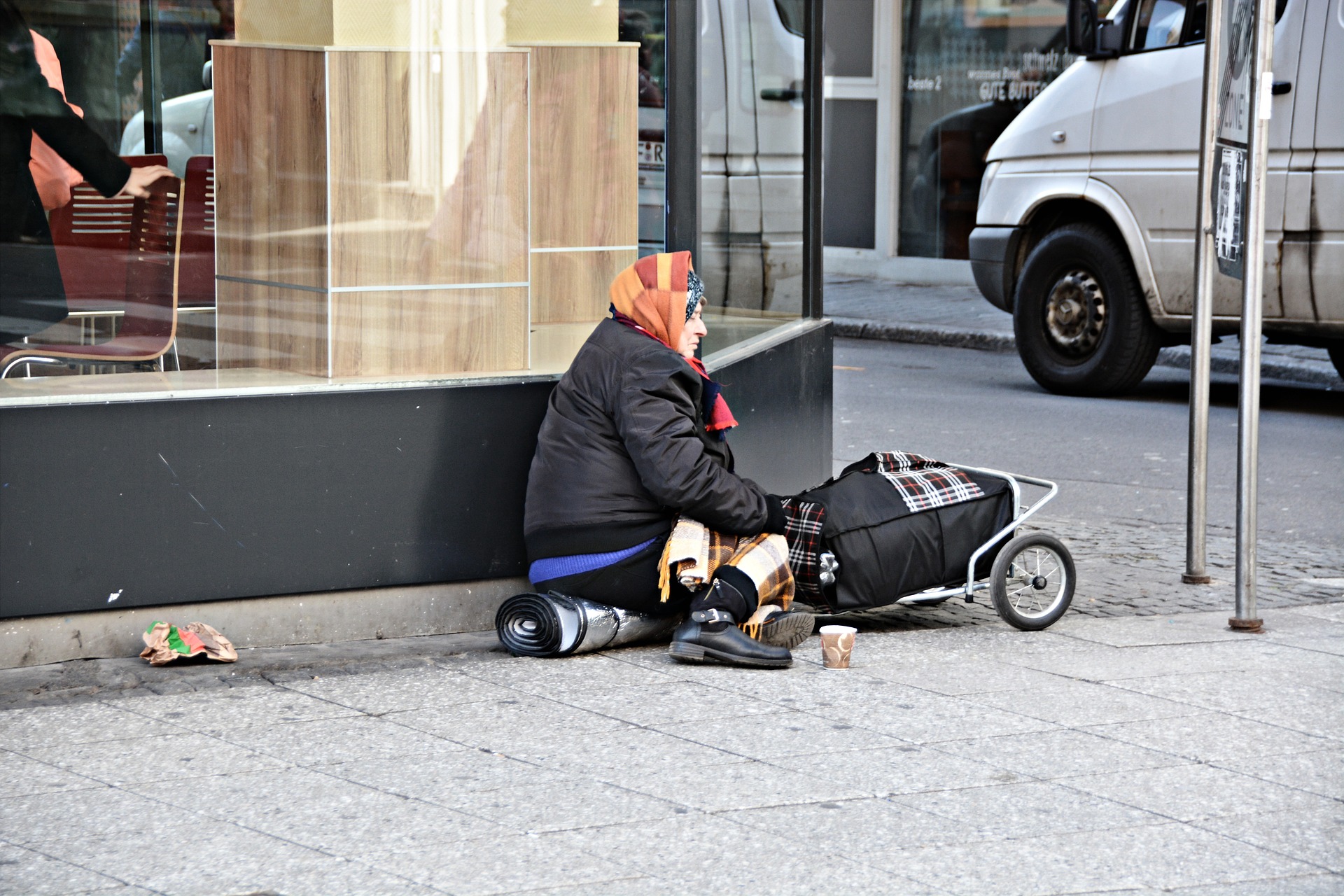NPM members participated at the First meeting of the Medical group of the South East Europe NPM Network, held in Belgrade on October 23-25, 2013. A two-day meeting was opened by Deputy Ombudsman of the Republic of Serbia Miloš Janković and Deputy Ombudsman of the Republic of Slovenia Ivan Šelih, who currently preside over the NPM Network in SEE Europe, emphasising the importance of medical doctors’ inclusion in the work of NPM.
NPM Network representatives from Albania, Bosnia and Herzegovina, Croatia, Macedonia, Montenegro, Slovenia and Serbia exchanged their experiences and practice regarding the participation of medical doctors/experts in NPM activities as well as their position in the structure of NPM methodology used during visits to places where persons deprived of liberty are placed. All country representatives who took part in the meeting highlighted the lack of medical doctors working in institutions where persons deprived of liberty reside as well as the lack of their specialised education as the main problems.
NPM representatives presented the working methodology used by medical doctors during visits to persons deprived of liberty and the manner in which doctors/experts contribute to the preparation of NPM reports.
Marija Definis Gojanović, PhD. medical doctor and University professor, external member of the Croatian NPM and member of CPT, lectured on multidisciplinary approach in the work of NPM, with medical doctors inclusion as well as on the health protection standards in police custody and prisons. It was particularly emphasised that during the visits medical doctors should not approach persons deprived of liberty in their capacity as physicians/medical practitioners but rather as NPM members whose basic task is to establish an adequacy of the health protection and prevention of torture provided for in institutions where persons deprived of their liberty are placed.
The role of health-care workers in prevention of maltreatment was also discussed. Within this context two important roles of physicians were highlighted: determining of the health condition for detention (complete medical review, determining potential injuries determining an overall health condition of a person deprived of liberty) and determining the health condition for hearing (psychiatric test of patient, test on drugs, alcohol…)
Future NPM SEE Network activities were discussed at the meeting as well as the possibilities for engagement of independent experts, i.e. medical experts for NPM visits within the Network.
Novosti
 Svjetski dan socijalne pravde
Svjetski dan socijalne pravde Komentari na Zakon o strancima
Komentari na Zakon o strancima Konferencija „Kažnjavanje siromaštva: Prisilni rad korisnika socijalne pomoći“
Konferencija „Kažnjavanje siromaštva: Prisilni rad korisnika socijalne pomoći“ Okrugli stol „Obrazovanje – pravo, a ne dar“
Okrugli stol „Obrazovanje – pravo, a ne dar“ Izvještaj o vladavini prava: civilno društvo i sudjelovanje u procesima donošenja odluka
Izvještaj o vladavini prava: civilno društvo i sudjelovanje u procesima donošenja odluka Međunarodni dan sjećanja na žrtve holokausta
Međunarodni dan sjećanja na žrtve holokausta

